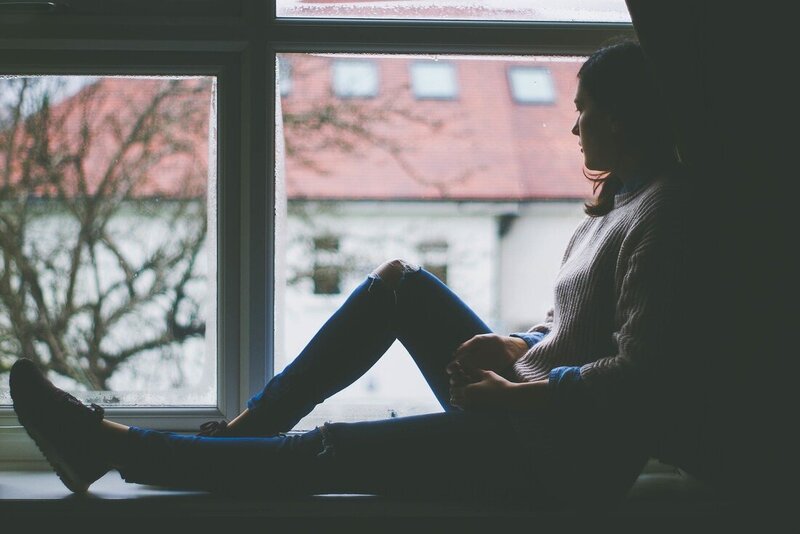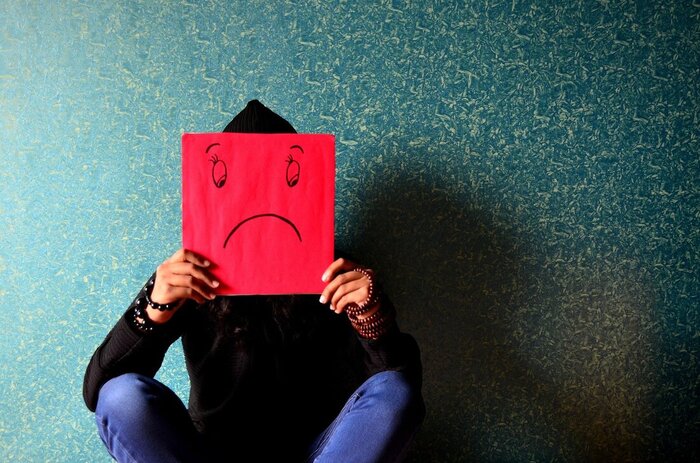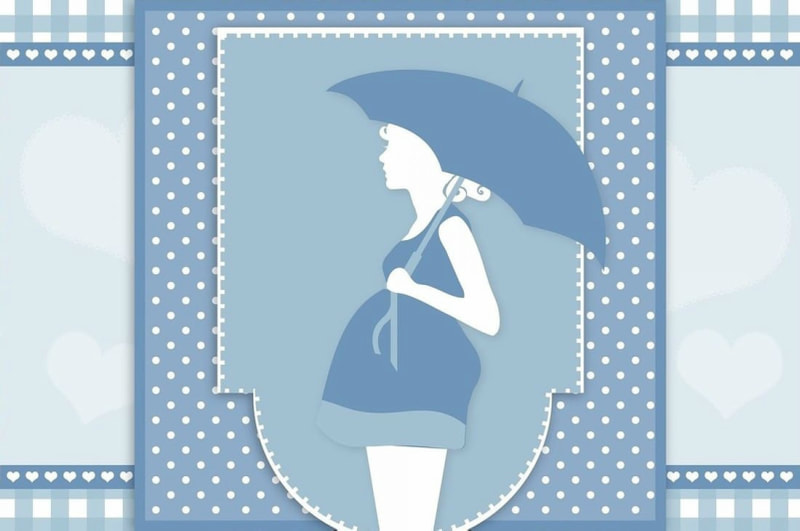COVID-19’s Impact on the Psychological Well-Being
of College Students
On December 31, 2019, a series of pneumonia cases were reported in Wuhan, China. While the cause of these cases was unknown, the symptoms of the illness were strikingly similar to those caused by severe acute respiratory syndrome coronavirus (SARS-CoV), coining the new virus’s name: SARS-CoV-2. This virus is responsible for causing coronavirus disease, or COVID-19 for short. On March 11, the World Health Organization (WHO) declared COVID-19 a global pandemic, citing highly concerning exponential spread of the illness. As of January 6, 2021, there are 86.4 million documented cases and 1.87 million deaths linked to SARS-CoV-2 globally. Transmission of this illness has continued to climb, and while the threat of COVID-19 to physical health is undeniable, the pandemic’s impact on mental health remains uncertain.
Historically, large disease outbreaks have negatively affected psychological well-being in the infected regions. The SARS epidemic left a lasting imprint on the mental health of Hong Kong citizens in 2003, with part of the population displaying outward pessimism after the epidemic. Similarly, during the Ebola virus outbreak in 2014, hospitals in Sierra Leone, an African nation, saw an apparent increase in the number of reported mental health problems.
In an attempt to prevent the spread of SARS-CoV-2, the Chinese government postponed the start of all schools for the spring term. College students were advised to refrain from leaving their homes, and regular day-to-day activities and social events were disrupted. These factors may have elevated stress levels and contributed to mental health decline among students. However, there was a lack of concrete evidence on whether the COVID-19 pandemic has affected the psychological well-being of students.
Historically, large disease outbreaks have negatively affected psychological well-being in the infected regions. The SARS epidemic left a lasting imprint on the mental health of Hong Kong citizens in 2003, with part of the population displaying outward pessimism after the epidemic. Similarly, during the Ebola virus outbreak in 2014, hospitals in Sierra Leone, an African nation, saw an apparent increase in the number of reported mental health problems.
In an attempt to prevent the spread of SARS-CoV-2, the Chinese government postponed the start of all schools for the spring term. College students were advised to refrain from leaving their homes, and regular day-to-day activities and social events were disrupted. These factors may have elevated stress levels and contributed to mental health decline among students. However, there was a lack of concrete evidence on whether the COVID-19 pandemic has affected the psychological well-being of students.
Image Source: PDPics
To address this knowledge gap, researchers conducted a study based on data collected from a survey of 44,447 college students enrolled in four universities in southern China. This was done online from January 31 to February 5, 2020, during the early peak of the outbreak in China. In an attempt to represent college students as a group, the questionnaire was completed by students of various majors. The study concluded a noncausal relationship between the pandemic and an increase in reported mental health issues. The prevalence of anxiety and depression symptoms was calculated to be 7.7% and 12.2% respectively. However, this could not be directly identified as an effect of the COVID-19 outbreak on the students. Nevertheless, the researchers found that the risk of having depressive symptoms among students who had confirmed SARS-CoV-2 cases in their family tripled compared to students without. Additionally, there was a high demand for psychological assistance during the outbreak, with 42% of the students identifying as needing psychological knowledge and 11.2% in need of psychological intervention.
This study had several limitations that should be considered. The sampling of the population was not random and occurred during the lunar new year, which may have affected the results. In addition, the sample of students surveyed was likely not representative of the general population of college students and therefore the effects of the pandemic. Furthermore, the timeline of the survey is not representative of the current severity of the pandemic—the study was conducted around the beginning of the pandemic and does not reflect the intensity and large-scale spread of the virus in areas like the United States.
In conclusion, while the COVID-19 pandemic could not be directly linked to a decline in psychological well-being in this study, its detrimental physical effects and impact on students’ social lives are undeniable. Universities should be more aware of the mental health of their students and provide more counseling and resources to alleviate stress and mental health problems.
This study had several limitations that should be considered. The sampling of the population was not random and occurred during the lunar new year, which may have affected the results. In addition, the sample of students surveyed was likely not representative of the general population of college students and therefore the effects of the pandemic. Furthermore, the timeline of the survey is not representative of the current severity of the pandemic—the study was conducted around the beginning of the pandemic and does not reflect the intensity and large-scale spread of the virus in areas like the United States.
In conclusion, while the COVID-19 pandemic could not be directly linked to a decline in psychological well-being in this study, its detrimental physical effects and impact on students’ social lives are undeniable. Universities should be more aware of the mental health of their students and provide more counseling and resources to alleviate stress and mental health problems.
Image Source: Free-Photos
RELATED ARTICLES
|
Vertical Divider
|
Vertical Divider
|
Vertical Divider
|






